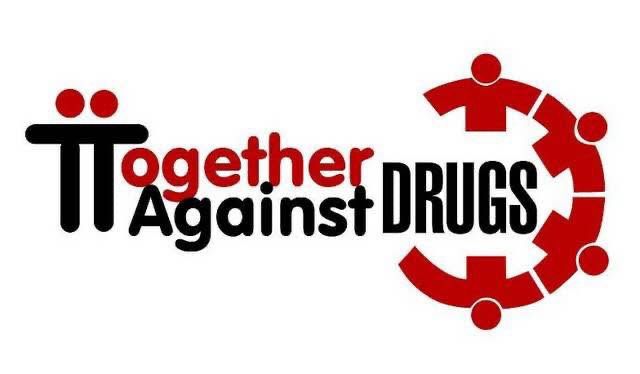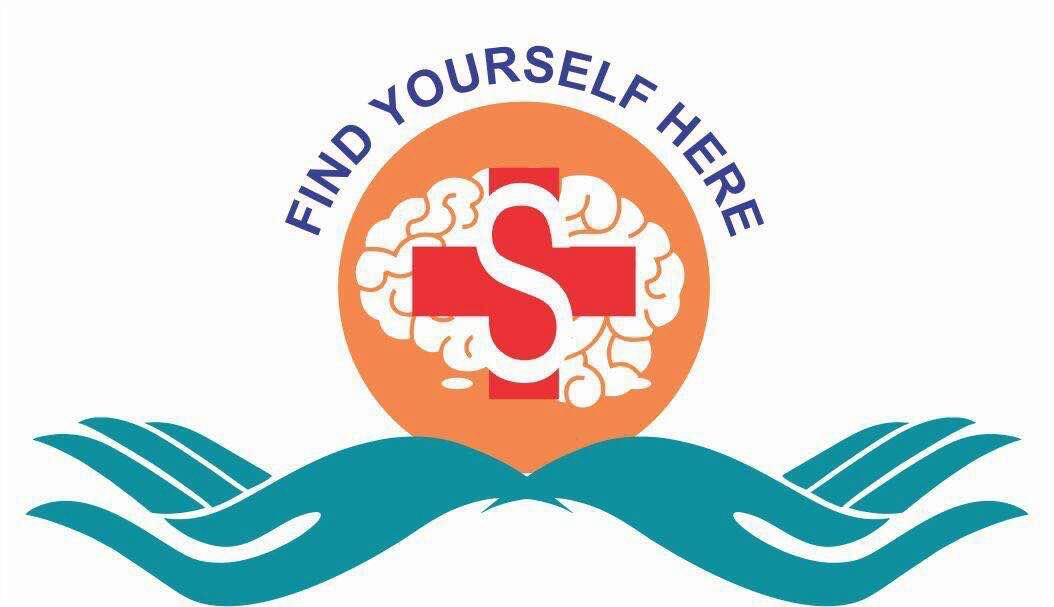
Obsessive Compulsive Disorder (OCD)
Obsessive Compulsive Disorder (OCD) is a chronic mental health condition characterized by unwanted thoughts (obsessions) and repetitive behaviors (compulsions). These behaviors are often carried out to reduce anxiety or prevent feared events, even though they may not be connected in a realistic way.
Symptoms of OCD
Fear of contamination by germs or dirt
Intense worry about harm coming to oneself or others
Intrusive thoughts involving taboo or violent content
A need for things to be symmetrical or in a specific order
Excessive doubt and a fear of making mistakes
Excessive cleaning or hand washing
Checking things repeatedly (locks, appliances, etc.)
Counting, tapping, or repeating words silently
Arranging items in a precise or symmetrical way
Reassurance-seeking or repeating actions until they “feel right”

Causes of OCD
Genetics: A family history of OCD or related disorders
Brain Structure & Function: Differences in certain areas of the brain involved in decision-making and behavior regulation
Chemical Imbalances: Especially involving serotonin, a neurotransmitter that regulates mood
Environmental Triggers: Trauma, abuse, or major life changes
Personality Traits: People who are highly detail-oriented or perfectionistic may be more prone to OCD
How to Recover from OCD
Professional Diagnosis: An accurate assessment from a mental health specialist
Evidence-Based Therapy: Especially Cognitive Behavioral Therapy (CBT) and Exposure and Response Prevention (ERP)
Medication (if needed): SSRIs (Selective Serotonin Reuptake Inhibitors) can help reduce symptoms
Education & Awareness: Understanding OCD helps reduce fear and stigma
Support System: Friends, family, and support groups can offer encouragement and accountability
Routine & Self-care: Managing stress through healthy routines, mindfulness, and sleep hygiene

Our Treatments for OCD
Cognitive Behavioral Therapy (CBT): Focused sessions to address obsessive thoughts and compulsive behaviors
Exposure and Response Prevention (ERP): The gold-standard treatment for OCD, helping patients confront fears without engaging in compulsions
Medication Management: Carefully monitored prescriptions when needed, especially SSRIs
One-on-One Counseling: Safe, judgment-free space for individuals to explore their experiences
Group Therapy: Peer support and shared strategies for managing OCD
Family Education & Support: Helping loved ones understand and support the recovery process
Mindfulness & Stress Reduction: Tools to manage anxiety and regain mental balance


